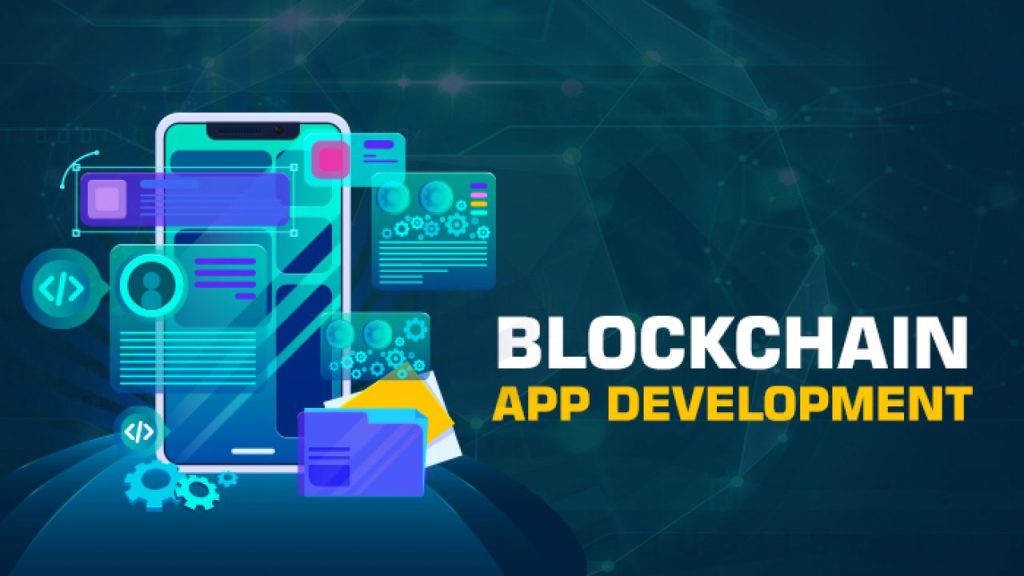Introduction
Blockchain technology, known for its decentralized and secure nature, is making significant strides in various industries, including mobile app development. This article explores the integration of blockchain in mobile app development companies and its implications for enhancing security, transparency, and innovation.
Blockchain Integration in Mobile App Development
Security Enhancement
One of the primary benefits of integrating blockchain technology into mobile app development is the enhanced security it offers. By utilizing cryptographic techniques and decentralized networks, blockchain ensures secure data storage and transmission, mitigating the risk of data breaches and unauthorized access.
Decentralized Data Storage
Blockchain provides a decentralized approach to data storage, eliminating the need for a central authority or intermediary. This decentralized architecture enhances data resilience and reliability, reducing the risk of single points of failure and ensuring data availability and integrity in mobile apps.
Transparency and Trust
Blockchain technology promotes transparency and trust by providing a tamper-proof and immutable record of transactions. Mobile apps integrated with blockchain enable users to verify the authenticity and integrity of data, fostering trust and accountability among stakeholders.
Use Cases of Blockchain in Mobile App Development
Secure Authentication and Identity Management
Blockchain technology can revolutionize authentication and identity management in mobile apps by providing a secure and decentralized framework for storing and verifying user identities. By leveraging blockchain-based authentication mechanisms, mobile app developers can enhance security and protect user privacy.
In-App Payments and Transactions
Blockchain facilitates seamless and secure in-app payments and transactions, eliminating the need for intermediaries such as banks or payment processors. Mobile apps integrated with blockchain enable peer-to-peer transactions, reducing transaction fees and processing times while ensuring transparency and security.
Supply Chain Management
Blockchain technology has the potential to transform supply chain management in mobile apps by providing end-to-end visibility and traceability of products and transactions. Mobile apps integrated with blockchain enable stakeholders to track the movement of goods, verify authenticity, and ensure compliance with regulations.
Challenges and Considerations
Scalability Issues
One of the main challenges of integrating blockchain into mobile app development is scalability. As the number of transactions and users on the blockchain network increases, scalability issues may arise, leading to congestion and delays. Mobile app developers must address scalability concerns to ensure optimal performance and user experience.
Regulatory Compliance
Regulatory compliance is another consideration when integrating blockchain into mobile app development. Depending on the jurisdiction and industry, mobile apps may be subject to various regulations related to data privacy, financial transactions, and consumer protection. Mobile app developers must navigate regulatory requirements and ensure compliance when integrating blockchain technology.
Best Practices for Implementing Blockchain in Mobile App Development
Conducting Thorough Research
Before integrating blockchain into mobile app development, it is essential to conduct thorough research and assess the feasibility and potential impact of blockchain technology on the app’s objectives and requirements. Understanding the benefits, challenges, and use cases of blockchain will inform strategic decision-making and implementation.
Selecting the Right Blockchain Platform
Choosing the appropriate blockchain platform is crucial for the success of mobile app development projects. Factors such as scalability, security, consensus mechanism, and developer support should be considered when evaluating blockchain platforms. Mobile app developers must select the right blockchain platform that aligns with the app’s requirements and objectives.
Collaborating with Experienced Developers
Collaborating with experienced blockchain developers and experts is essential for successful integration of blockchain into mobile app development. Experienced developers can provide valuable insights, expertise, and guidance throughout the development lifecycle, from design and architecture to implementation and deployment.
Future Trends and Opportunities
Integration with Emerging Technologies
Blockchain technology is increasingly being integrated with other emerging technologies such as artificial intelligence (AI), Internet of Things (IoT), and edge computing. The integration of blockchain with these technologies presents new opportunities for innovation and value creation in mobile app development, enabling new use cases and business models.
Expansion of Decentralized Applications (dApps)
The proliferation of decentralized applications (dApps) powered by blockchain is expected to accelerate in the coming years. Mobile app developers can leverage blockchain to build and deploy decentralized applications that offer enhanced security, transparency, and user control, opening up new opportunities for decentralized finance (DeFi), gaming, social networking, and more.
Conclusion
Blockchain technology offers immense potential for enhancing security, transparency, and innovation in mobile app development. By integrating blockchain into mobile apps, developers can unlock new possibilities for secure authentication, in-app payments, supply chain management, and more. As blockchain continues to evolve and mature, mobile app developers must stay abreast of emerging trends and opportunities to harness its full potential and drive innovation in the mobile app development industry.

